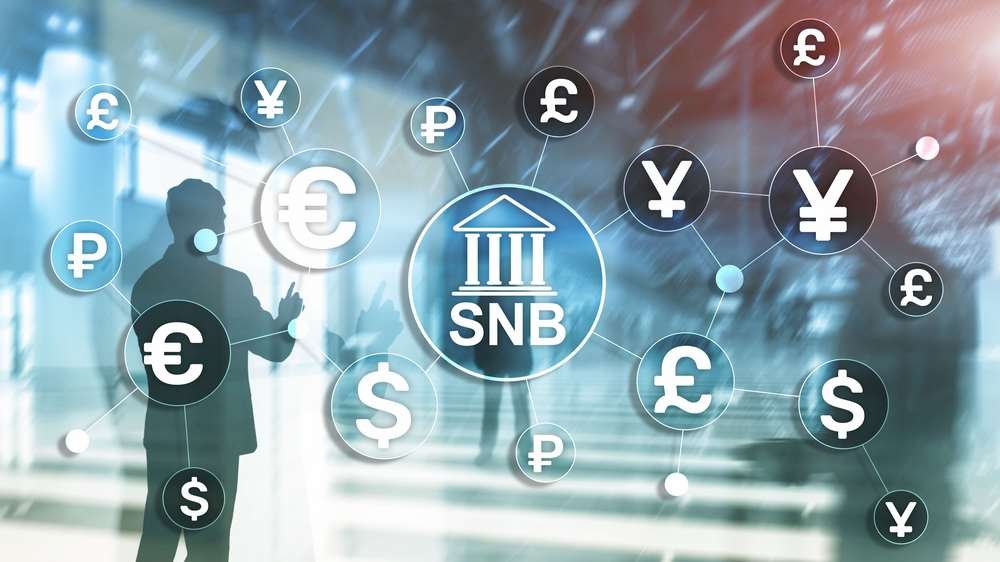Why tomorrow’s Banks will be built with APIs
Published by Gbaf News
Posted on December 18, 2019
4 min readLast updated: January 21, 2026

Published by Gbaf News
Posted on December 18, 2019
4 min readLast updated: January 21, 2026

By Steve Tiger, CEO of Money Dashboard is the best personal finance app in the UK
For the Venture Capitalist firm Andreessen Horowitz (shortened A16Z), the world is moving to an API Economy. According to A16Z, a mobile app that you download uses on average 17 third party APIs! But what is an API? What does it mean for the process of writing software and what are the implications in the financial and banking industry?

Steve Tiger
API stands for “Application Programming Interface” and is used in software to call a specific function within a program. For example, when you are taking a picture directly from the interface of the WhatsApp or Instagram app, Facebook doesn’t have to write the camera functionality from scratch in the code of the app. Instead, it uses the Camera API from the operating system on your mobile phone (if you are interested, see these examples of Camera APIs for iOS&Android) to integrate this feature very easily in its own product.
It means that in today’s software development world, instead of having fully vertical integrated operations creating all the aspects of the code internally, you need to focus on assembling the best proposals from the whole API ecosystem to really focus on where you add value.
And the API ecosystem is growing quickly! According to Martin Casado, “If you have a software program and enough computational functions used by yet another program you can effectively pull that out as an API and potentially turn it into a company”. It enables companies to be more specialized and still tap into a market big enough to be able to thrive because the specialization is delivering higher value to the ecosystem. Furthermore, this specialization is benefiting the whole software industry. Software is easier to write than ever and barriers to creating a technology startup drop enabling a virtuous circle of entrepreneurship.
The Banking and Finance world is directly benefiting from this trend. For example Stripe, the online payments processing company valued at $35 billion, is at its core value proposition a set of APIs!
A quick check of the Finance category of the marketplace RapidAPI can give you access to hundreds of APIs covering a very broad range of use cases: from integrating data from Morningstar, automatically pulling balance sheets from SEC filings, getting currency exchanges data from XE for Currency exchanges to Crypto asset Intraday global spot. It is all there, giving you instant access to reliable features that you can integrate and tailor to your requirements.
Of course, probably the biggest example of the financial world moving to an API is the adoption of Open Banking that Europe and the United Kingdom are leading. It is effectively the unbundling of the UK and European banking system into regulated APIs to facilitate the exchange of financial information in a secure way. This is an incredible force to reduce the barriers to entry to the banking world to create better and more innovations that will benefit consumers!
At Money Dashboard, we are embracing the API economy. For example, we have a merchant identification and transaction classification API. We bring our high accuracy Machine Learning model (95% accuracy on external data) to everyone who needs it so they don’t need to waste time reinventing the wheel on how to tag transaction data by merchants. The benefit of using an API like ours for such a task is that our Machine Learnings models have been trained on upwards of 550 million transactions over 1200 merchants so partners don’t have to. And the API is actually free to use with an Enterprise version available for advanced services like salary identification, income verification, or mortgage affordability. This is an illustration of how API in FinTech can be developed by a start-up to tackle a problem which is impacting so many People across our industry for the benefit of consumers and incumbents.
Contributing to the API economy requires a mind shift at your company level. You need to recruit and be organized to produce, support and commercialize your API. The quality of your work will impact how other products work and thrive. This level of accountability is a fantastic driver to empower your team internally to succeed.
We are at the early days of the API economy but it is clear that it is a deep trend that will impact the Finance & Banking world in the coming decade, starting with Open Banking being implemented across the globe.
Explore more articles in the Banking category











